Being a journalism major has its ups and downs, just like any other major does. It can get quite annoying when people underestimate the power that journalists have and what they can do to make a difference in the world. I have decided to major in journalism because I want to be able to help people whose stories can become hidden in the midst of everything that is occurring in the world. I want to expose the truth. As George Orwell said, "Journalism is printing what someone else does not want printed. Everything else is public relations."
1. "You're going into a dying industry. Who even reads the paper anymore?"
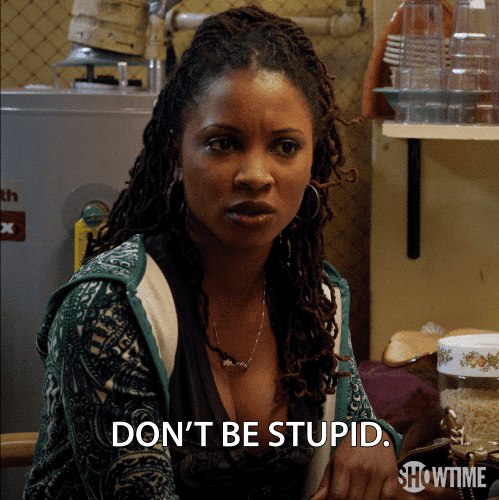
This is most definitely the number one thing that all journalism majors hear, and while it is partially true, there are multiple outlets where journalists can have careers. While many people are not reading print newspapers as much as they used to, there is still TV journalism, radio journalism, magazine journalism, social media, and online publications. The news is news, and people consume news every day, whether it's from a notification they get on their phone or by watching the evening news at night.
It's not a dying industry because there will always be news. It's that simple. Actually, according to data from The Pew Research Center, "In the U.S., roughly nine-in-ten adults (93%) get at least some news online (either via mobile or desktop), and the online space has become a host for the digital homes of both legacy news outlets and new, 'born on the web' news outlets." This data shows that news through digital media is very popular and the industry isn't dying, it's just changing.
"Not everyone will understand your journey. That's okay. You're here to live your life, not to make everyone understand."
2. "Journalism is such an easy major. Try being a STEM major."
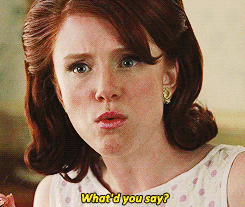
College is hard, no matter what major you're studying. While it may not be operating on a human being, it's a different path that still requires knowledge and steps. There are many paths within journalism, including sports journalism and investigative journalism. Imagine memorizing ALL of the rules that go into various sports, or constantly trying to find out what people don't want you to find out. These various tasks can be quite difficult. Imagine having to build relationships with all of your sources, where they have to trust you enough to tell you the information that you're looking for. It doesn't come easy, and sometimes sources never even get back to you.
In addition, the AP Stylebook becomes your best friend, and you pretty much have to have all of the rules drilled into your head. Lynn O'Shaughnessy, a columnist for CBS MoneyWatch, said on her column, "Journalism is alive and kicking, it just looks different." It's a great major to major in, and it does come with its difficulties.
3. "You're going to make no money as a journalist."

Now, while a journalist may not be on the list of the highest paying jobs, it's not terrible, either. Journalists don't get into the profession for the money, they get into it for the passion, hoping that they do become big and earn an amazing living. The average pay for journalists also ranges, depending on what type of journalist you are and how high you are on the ladder.
According to PayScale, journalists make an average yearly salary of $39,396, and it can range from $24,181 to $72,302. These numbers are enough to make a living and enough to be happy, and in the end, it's not all about how much money you make, it's about doing what you love. Add a Pulitzer Prize or two and you'll be making even more money. The bigger you get, the more money you make, so it's about always pushing yourself up the ladder. Journalists do make money, just maybe not as much as a surgeon does.
4. "Anyone can do what you're doing."
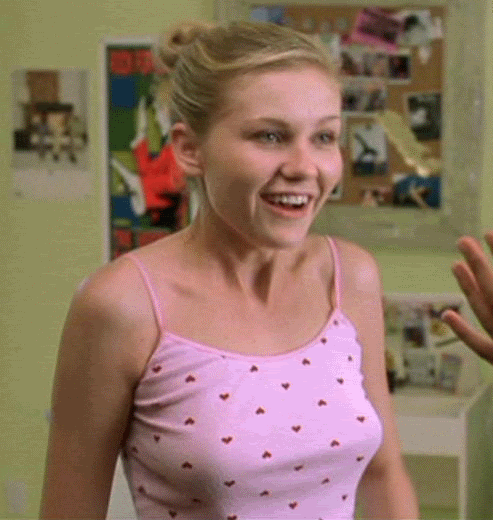
Oh, really? Can anyone be bold enough to try to uncover what people want to be hidden? No. It takes the curious and the passionate to do so. Tasks that journalist carry out are researching to create news articles, looking for articles that are relevant and will grip the audience's attention, pitch story ideas to management prior to the research being carried out, looking for leads by gathering tips and by looking at what other news outlets have published, and carrying out interviews to make the news stories more relevant.
Securing an interview can end up being difficult, and it can require some persuasion for people to agree to be a part of an interview. Sources who you are reaching out to may also not always respond as quickly as you need them to or simply just never get back to you. Deadlines are also a major part of journalism, which can be very stressful.
Lastly, all content needs to be put together in a coherent and gripping manner. Overall, there are many responsibilities that come with being a journalist, and it's not for everybody. Not everybody can do it, otherwise, it would be easy.
5. "Interview me since I'm your friend."

In the world of journalism, you're not supposed to interview your friends. It pretty much goes against the rules. While it does happen, this can be seen as a form of bias or a form of ruining the independence. All journalists should make sure to remain independent when writing an article, making sure they have nothing to gain.
According to the Ethical Journalism Network, journalists can "sometimes create cozy relations that are ambiguous and can easily undermine the ethical base of their work. Powerful sources have their own agenda and accepting what they say without question crosses an ethical line and compromises newsroom independence." The job of journalists is to get the information they need, not to get too cozy or comfortable with your source.
6. "Your finals must be so easy."
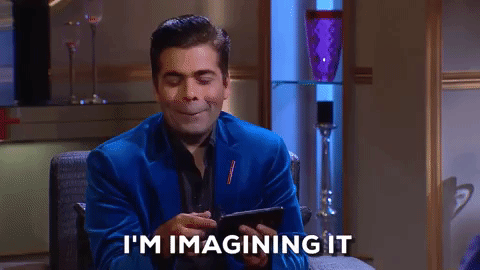
Not true at all. All finals are hard because you have to study, memorize things, and drill things into your head. A final is an exam that usually tests you on EVERYTHING you learned in the semester, therefore it's on a lot of information, no matter the subject. Journalism finals so far have consisted of a LOT of writing and knowing the rules that go into journalism. While there aren't any questions surrounding the topics of math and science, it's a lot about critical thinking, observing, and analyzing. Finals are finals.
7. "So you want to work in a cubicle all of your life?"

Personally, I love office spaces. I love cubicles. There are many things to love about cubicles including the space to brainstorm, learning how to stay organized, the energy of the cubicle environment, the social aspect, and the opportunity to decorate. Newsrooms overall can be a thrilling environment, especially when there is a breaking story or investigation.
Every person that majors in journalism won't end up in a cubicle, as there are many other routes. It's just the stereotype that is portrayed in TV shows and movies. TV broadcasters work at a TV studio, sportswriters will work at the sports desk, editors of newspapers end up having their own office, and many times journalists are on assignment or in the field reporting. It can range, but either way, if you're going into journalism, you pretty much have an idea of where you're going to work in terms of space. So, trust me, we are aware.
8. "You're going to be a contributor to fake news."
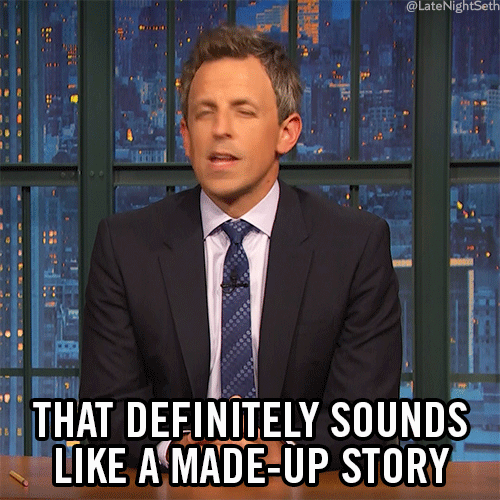
While fake news is a thing, journalists are taught to fight against it. News literacy is the basic component that all journalists need to learn because our goal is to put out information and articles that are both reliable and verified. There are three defining attributes of reliable news: verification, independence, and accountability, as taught in the News Literacy class at Stony Brook University.
Verification is the process of establishing or confirming the accuracy or truth of something. Independence means the news source has freedom from the control, influence, or support of interested parties, coupled with a conscious effort to set aside any preexisting beliefs and a system of checks and balances. Accountability is when journalists stand behind their work with bylines that both identify the reporter and often contain an email link. Journalists develop their accountability by always providing the truth and correcting their mistakes if they have made any.
"Journalism organizations generally recognize this principle of accountability by admitting mistakes and correcting them promptly, as called for in SPJ's Code of Ethics," said the Society of Professional Journalists in an ethics position paper. Overall, journalists should strive to verify, be independent, and be accountable in order to be considered reliable. You won't be a contributor to fake news if you make sure to abide by journalistic rules and ethics.
9. "You're not going to have any time for a family."

What about a surgeon? Will they have all of the time in the world for a family? Probably not, but they are still going to try to make it happen. If you truly want something, you'll eventually get it, with hard work and dedication. However, according to a survey conducted by Hold the Front Page, most journalists are working longer hours than stipulated in their contracts. While it is true that many journalists end up working hours beyond their contract, it isn't always the case. There's a time for everything, so if you truly want a family, journalists can also have them.
10. "Your major doesn't mean as much as mine."
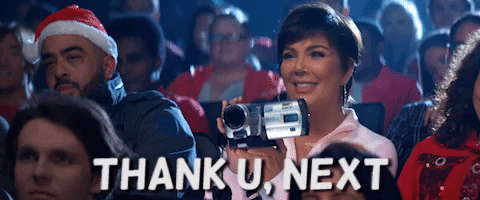
What did you say? When people say this, say all of the reasons above, because journalism is truly important and means something. Being a journalist has so many great aspects, including being able to travel the world, the opportunity of meeting big names and celebrities, getting paid to meet interesting people, getting paid to read and research a lot, and you're always learning.
According to MediaGuide, "The most important function of journalism is to convey information. Conveying information is an important part of the democratic decision-making system, as it brings transparency into society and for its part makes sure that the made decisions go along with the people's sense of justice." For those that still do not agree that journalism and the job of journalists are important, "thank u, next."



















